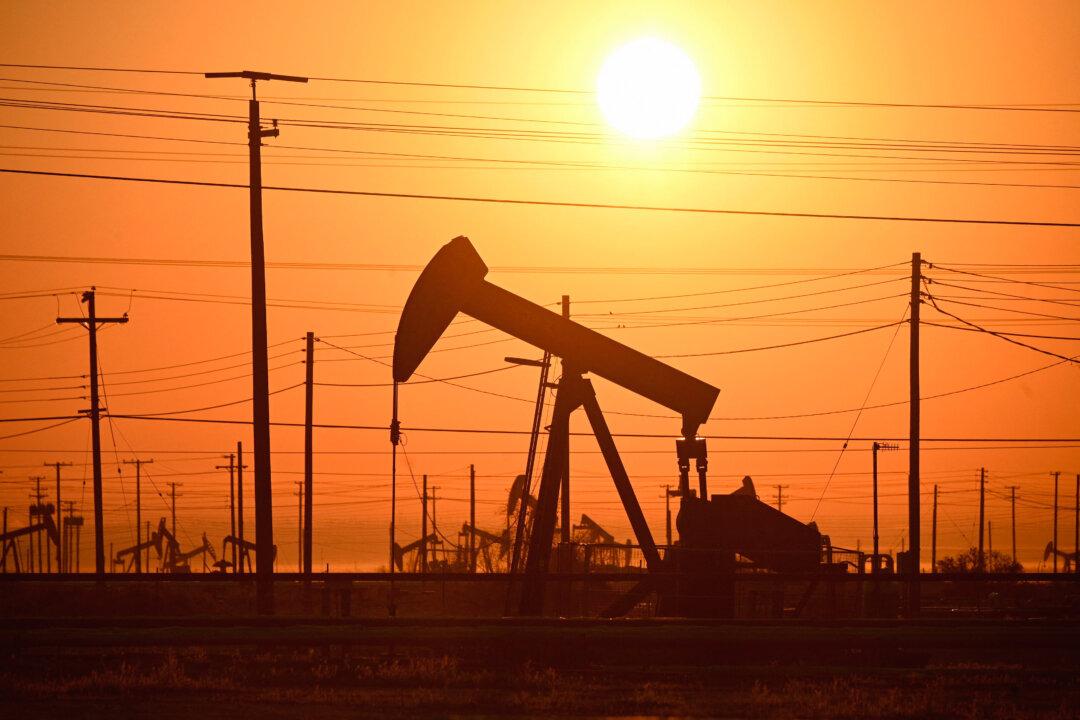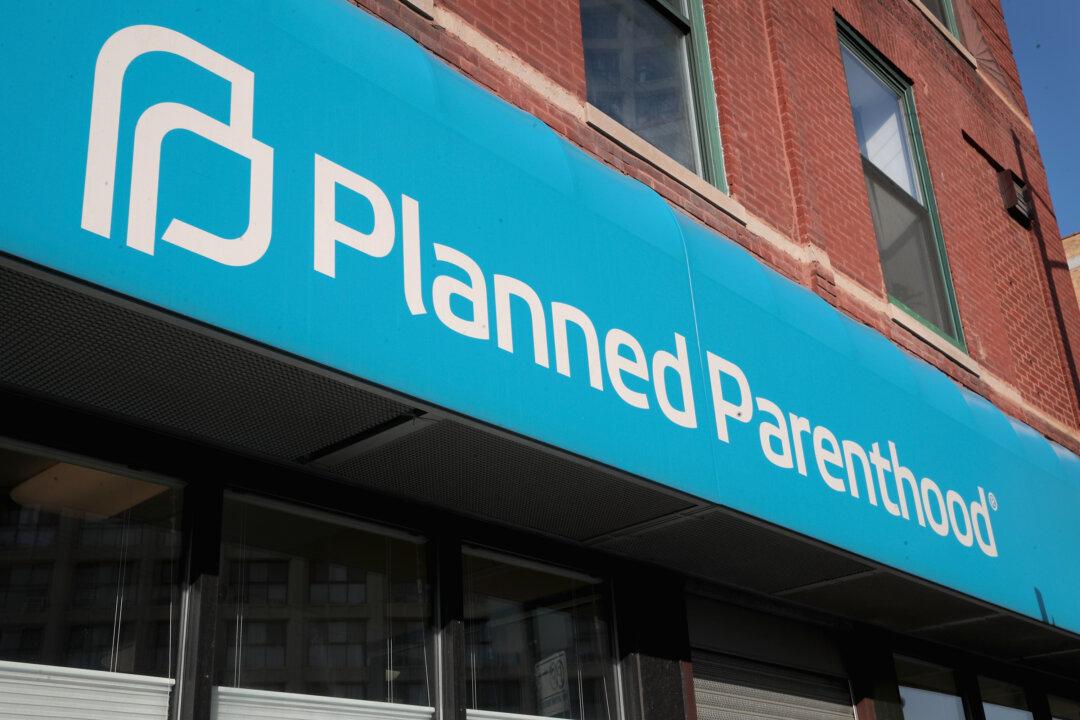California legislatures blocked an environmental bill that would have held oil companies liable for the health problems of people who live close to oil wells on Thursday.
The bill, authored by Sen. Lena Gonzalez, would have required oil companies to pay up to $1 million to people who have cancer or other health problems associated with the well.





